Intestinal parasites are a year-round concern, but if you’re considering adding a puppy, kitten or an adult adopted pet to your family this holiday season, here are three things to keep in mind so everyone in your household remains safe and healthy:
- Intestinal parasites are organisms that live in the gastrointestinal (GI) tracts of dogs and cats. The most common types are roundworms, hookworms, whipworms, tapeworms, giardia and coccidia. All of these parasites can be transmitted to other pets and, in some cases, humans. Most are spread by an animal licking or eating infected feces (stool) but some can be passed to a kitten or puppy through their mother’s placenta or milk. Hookworm larvae can be picked up by walking barefoot in grass or soil, and can burrow into the skin and migrate to other areas of the body. Giardia can be ingested by drinking from contaminated creeks, puddles or random bodies of water.
- Early diagnosis for the presence and type of intestinal parasite(s) and treatment is vital since many animals show no signs of disease. Diarrhea or bloody stool, anemia and/or weight loss can indicate disease but most parasites produce only eggs so you can’t rely on seeing worms to know if your pet is infected. In addition, giardia and coccidia are tiny organisms that can only be seen under a microscope. A puppy or kitten’s stool sample should be examined a couple times during their first year and then at least annually for adults to make sure they are free of parasites. Depending on the type of parasite, treatment can include an anti-parasitic medication and/or antibiotics. It is especially important to recheck for parasites after treatment to prevent reinfection.
- Preventing parasite infection and practicing good hygiene reduce the risk of transmitting diseases to other pets and human family members. To reduce the risk of environmental contamination, puppies and kittens are routinely treated (dewormed) several times before reaching eight weeks of age and then placed on a monthly heartworm preventative. Our recommended heartworm preventative for dogs – Sentinel – also protects against roundworms, hookworms and whipworms. In addition, Revolution for Cats protects your feline friend from heartworm infection, roundworms, hookworms and fleas. As noted above, it’s important to recheck a stool sample after treatment to prevent reinfection. Good hygiene includes regular litter box scooping for cats and picking up from the yard and disposing of any bowel movements deposited outside as well as routine hand cleaning after scooping out the litter box, removing feces from the yard, and after handling your pet.
Keeping your pets and human family members free from parasites is essential for everyone’s good health. For more information about intestinal parasites, please call us at 630-598-0600.
